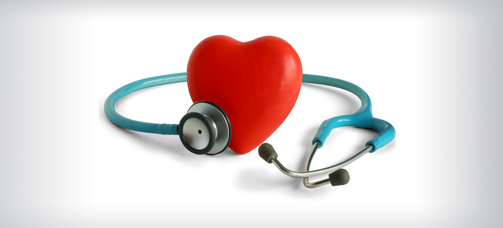Sun Safety
SUN SAFETY
Warmer weather during the summer months means outdoor activities such as swimming, barbecuing and beach trips. It is important to prepare your skin for sun exposure. Even on days when it is cloudy, it is important to protect your skin as the sun’s rays may still pass through the clouds and burn your skin.
Sun Safety Tips
- Whether indoor or outdoor tanning, harmful ultraviolet rays may lead to premature skin aging, cataracts (when the lens in the eye becomes cloudy) and skin cancer. This is especially true for individuals using tanning beds before the age of 25, whom have up to a 6 x higher risk of skin cancer than the general population. People with fairer skin are at a higher risk as they require less time to burn.
- Certain medication may make you more susceptible to sunburns: Nonsteroidal anti-inflammatory medications (i.e. Motrin), quinolone and tetracycline antibiotics (i.e. Ciprofloxacin), diuretics (water pills) such as Lasix, psoralens (used to treat some skin conditions) and phenothiazines (i.e. Compazine).
- Avoid being outside for extended periods of time or during the middle of the day (between 10- 4pm) when the sun’s rays are the strongest.
- Do not use sunscreen on infants younger than 6 months. Attempt to protect from the sun’s rays with clothing and shade. If you must use sunscreen in younger infants use SPF 15 or higher and only apply a small amount to smaller areas (i.e. face, hands). Infant friendly sunscreens for sensitive skin are recommended.
- Broad-spectrum Sunscreen protecting from both UVA and UVB (sunburn) rays is important to protect your skin. Sunscreen with a Sun Protection Factor (SPF) of 30 or greater for exposed skin. Apply sunscreen 15-30 minutes to all sun exposed areas of your body before exposure. Reapply sunscreen every 2-3 hours and after sweating, rubbing your skin, drying off with a towel or swimming.
- Ensure to also protect your face and lips with sunscreen. If choosing to wear makeup and lip balm products, ensure they contain at least SPF 15.
- Throw away any sunscreen by the expiration date or within 3 years of opening. Also leaving sunscreen in high temperature areas such as a hot car may make them less effective over time.
- Spending outdoors time in shaded areas allows you to enjoy the warm weather while receiving less sun ray exposure. Sunscreen is also recommended in shaded areas as well.
- Clothing which covers exposed skin such as long sleeved shirt, wide brimmed hat and long pants may also provide sun protection.
- Ensure to protect your eyes and reduce your risk of cataracts with sunglasses that provide 100% UV protection
- Ensure to stay properly hydrated with cool fluids when out in the sun or warm weather as bodily fluid losses increase in these conditions.
Sunburn Treatment
- Stay out of the sun until your burn resolves.
- For sunburn related pain, nonsteroidal anti-inflammatory drugs (NSAIDS) such as aspirin, ibuprofen and naproxen may help alleviate the pain. Ensure to take with food and also remember they make the skin more sensitive to burning so stay out of the sun while taking them.
- For mild sunburns, relief for your skin may be found from the following may help: cool compresses, aloe vera containing lotions, calamine lotion, and sprays or lotions that contain local anesthetic which act to numb the skin such as lidocaine.
- Visit your health care provider if you have severe skin pain and blistering and they will advise you if you can be treated at home or require further medical care and prescription treatment. Ruptured blisters may usually be cleaned with mild soap and water and covered with moist dressings.
- Individuals with sunburns may also have an increase in their core body temperature, also known as heat stroke or heat exhaustion. Signs of this include: fever, nausea, headache, confusion , blurred vision, vomiting, and fainting. If you or someone you are with are showing any of these signs you should seek care in an emergency department immediately.
For any further questions regarding sun safety, please contact your primary care provider. Have a safe and fun summer everyone!
References
www.UptoDate.com
https://www.healthycanadians.gc.ca





